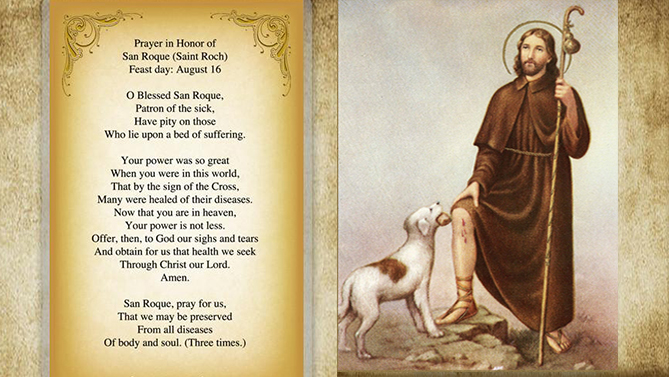Dear Friends,
The COVID crisis has been a reminder to all of us that our human community is far more fragile than most of us had ever imagined. It took something small but contagious to turn the whole world upside down. Our modern technology and contemporary comforts have created an illusion of security and control. Science has conquered much, but it will never rid the world of all the things that confront us, like our mortality.
One of the roles of our church and its tradition is to remind us of our fragility and to prepare us for death. To live well, we are not to deny the reality of death or to run from it, but instead, we are to be prepared to meet our God at any moment. Shortly before the present crisis became evident, we celebrated Ash Wednesday where we placed ashes on people’s foreheads and said to them, “Remember you are dust and to dust you will return.” Now as we celebrate the season of Easter, we celebrate not Jesus’ escape from death, but his triumph over it. Risen from the dead, he promises us an eternal life beyond death.
That two-fold understanding of both our own fragility and God’s gift of life eternal should mark every Christian. It should give us the freedom to act courageously for those who are hurting. It should allow us to both mourn those who have died and to stand hope-filled with those who are ill. The Saints are great examples of this.
A Saint I do not think about often but whom I liked as a child is St. Roch. I liked him then because he is always pictured with a dog. Roch lived in the fourteenth century and was the son of wealthy parents. As a young person, he joined the Third Order of St. Francis, sold all his possessions, resigned his principality and gave all he had to the poor. Having put on a pilgrim’s habit, he set out on foot for Rome to visit the Tomb of the Holy Apostles. He was a firm believer in the fact that nothing was impossible with God. He believed that if one wished to stand tall on the day of judgment, one must practice charity. That is why he stopped along his way to Rome in a town stricken by the plague.
Roch ministered to the sick until he himself was stricken with the plague. Not wishing to be a burden to the other sick, Roch left the hospital to wander in the woods praying that God would not leave him to perish alone among the beasts. God, having heard Roch’s prayer, gave him the strength to seek shelter in a small abandoned hut and drink and wash his wounds from the stream nearby. It was there in the hut that Roch lay dying when a dog, guided by God, appeared with a small loaf of bread. Roch took the bread from the dog and in exchange gave the dog his blessings. After this happened several times, the owner of the dog, having become curious as to where the dog was taking the bread, followed him into the woods where he came upon the dying Roch. He took Roch back to his home and nursed him back to health and the two henceforth devoted their lives to prayer and care for others.
This weekend as we celebrate Mother’s Day, we are invited to recall that most of us have had a powerful example of someone in our own lives who showed courageous love in the midst of human frailty. Our mothers are tactile examples of God’s love made flesh, loving us even when that is difficult. Like St. Roch, they know that the sick should have companions, that hands should be held, that brows should be mopped, that to be alone when we are ill is not a condition of life but a real hardship. They know that healing happens through an encounter of love.
May this weekend remind us that we can act even in scary times because we have learned from Jesus and from our mothers that perfect love casts out fear. We are not alone. We may not yet be saints, but we can do simple things with great love because the God who has conquered death is with us.
Peace,
Fr. Damian



